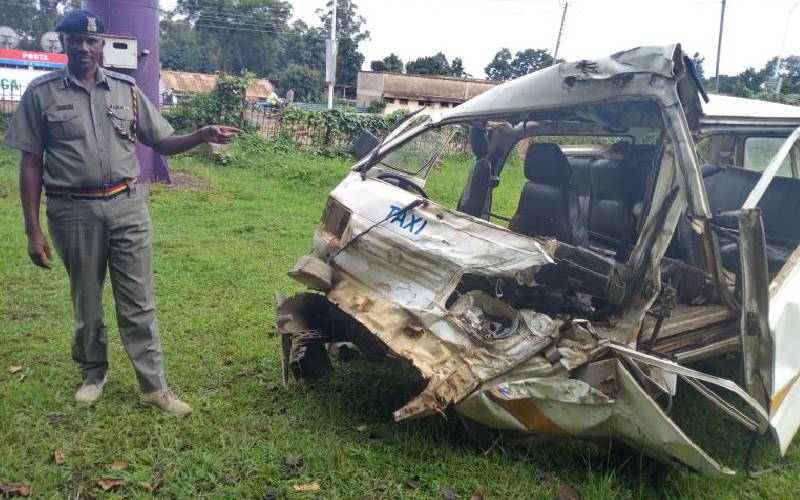×
The Standard e-Paper
Smart Minds Choose Us

The National Transport and Safety Authority (NTSA) has announced measures to mitigate indiscipline on our roads. The necessity for these stringent rules was made apparent by the day-long blockade of the Nairobi- Nakuru Highway on Saturday last week.